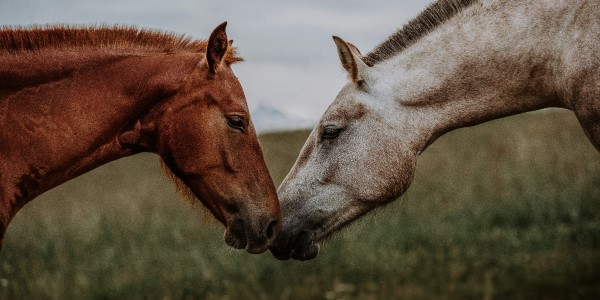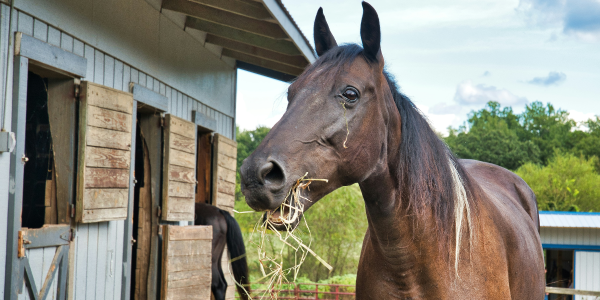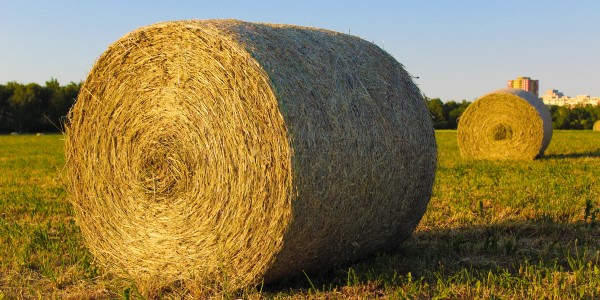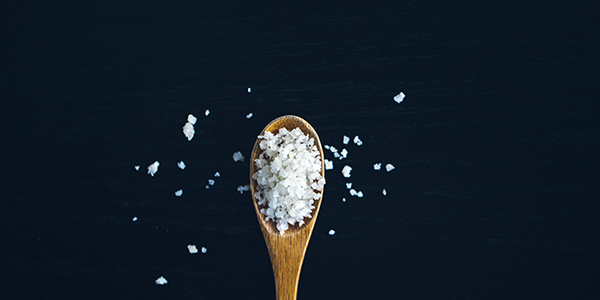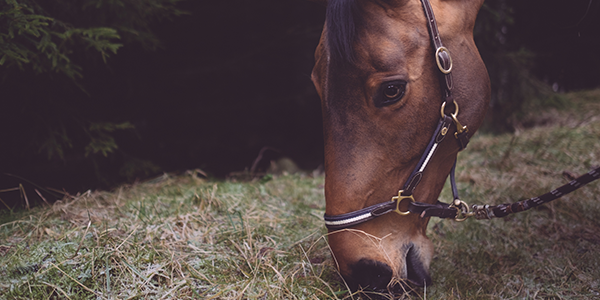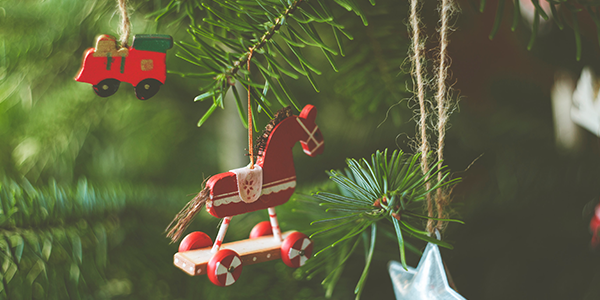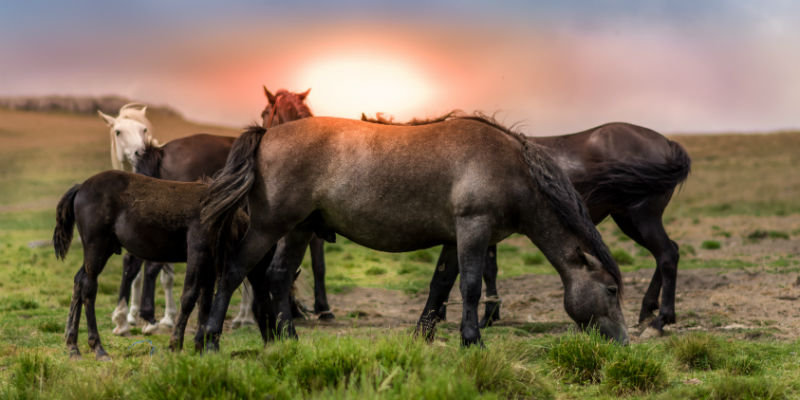Dealing with a horse with allergies can be difficult for both the horse and the owner. Allergic reactions occur when the immune system overreacts to harmless substances. For instance, a horsefly bite should not provoke a major immune response. However, if your horse is allergic, it could cause an exaggerated reaction. Also, if you are looking for a horse property for sale in Colorado, contact Colorado Horse Property today and speak with one of our horse-person realtors.
Alleviating Horse Allergies
Testing your horse for specific allergies can help pinpoint the problem. This will allow you to modify the horse’s environment to minimize exposure to allergens. For example, if your horse is allergic to mosquitoes, pine shavings, or grass pollen, you can adjust his routine. Do this by turning him out during times when mosquitoes are less active. Use fans to keep insects away when the horse is in his stall. Also, use fly sheets for protection when he is outside. Switching out pine shavings for alternative bedding and managing pastures to limit exposure to flowering grasses can significantly reduce symptoms. Maintaining good digestive health is also crucial, as the digestive tract plays a key role in the immune system. If the digestive tract becomes inflamed or isn’t functioning well, systemic inflammation may increase. In cases where inflammation is already present, additional allergic reactions can intensify the inflammatory response.
Understanding your horse’s specific allergens, controlling his environment, and choosing appropriate dietary options can give him the best chance of avoiding allergy symptoms. Starting these measures early can significantly improve your horse’s comfort and well-being. By taking proactive steps to manage your horse’s allergies, you can help him stay healthy and active throughout the summer and beyond. Adjusting the environment and the diet, combined with careful monitoring, can make a world of difference in reducing your horse’s allergic reactions and keeping him itch-free.


